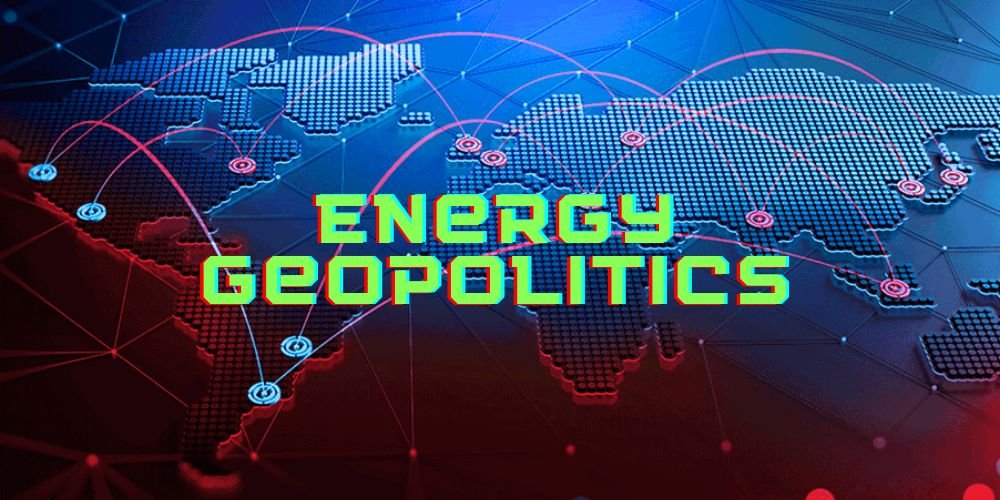Energy geopolitics refers to the strategic interactions and power dynamics among countries concerning energy resource production, distribution, and consumption. In a world where energy plays a pivotal role in economic growth, national security, and international relations, energy geopolitics influences global dynamics, shaping alliances, conflicts, and policies. As nations compete for access to resources, control over energy supply routes, and influence in energy markets, understanding the complexities of energy geopolitics is essential in navigating the geopolitical landscape.
Energy Resources as Strategic Assets
Energy resources, including oil, natural gas, and renewable energy, are vital strategic assets that drive economic growth and geopolitical influence. Countries endowed with abundant energy reserves wield significant power in global affairs, leveraging their resources to strengthen alliances, negotiate favorable trade deals, and project influence on the world stage. The control over energy resources often translates into geopolitical leverage, as seen in the competition for access to oil and gas reserves in regions like the Middle East and the Arctic.
Energy Supply Routes and Transit Countries
The geopolitical significance of energy extends beyond resource-rich countries to include transit countries and strategic chokepoints along energy supply routes. Control over critical transit routes, such as maritime shipping lanes and pipelines, enables countries to influence energy flows and secure energy security. Disputes over transit routes, such as those in the South China Sea or the Strait of Hormuz, can escalate tensions and disrupt global energy markets, highlighting the geopolitical stakes.
Energy Interdependence and Geopolitical Risks
The interdependence of countries in the global energy trade creates both opportunities for cooperation and vulnerabilities to geopolitical risks. Energy-importing countries rely on stable supply chains and access to diverse energy sources to meet their needs. However, geopolitical tensions, conflicts, and disruptions in energy supply can have far-reaching consequences, leading to price volatility, economic instability, and geopolitical crises. As energy transitions and geopolitical dynamics evolve, managing risks and promoting energy security becomes imperative for nations worldwide.
Conclusion
Energy geopolitics shapes the contours of global power dynamics, influencing alliances, conflicts, and policies in the international arena. Energy resources are strategic assets that drive competition, cooperation, and conflict among nations. Control over energy supply routes, transit countries, and critical chokepoints further complicates the geopolitical landscape, posing risks and opportunities for countries dependent on energy imports. As the world grapples with the challenges of energy security, sustainability, and geopolitical instability, understanding and navigating the complexities of energy geopolitics remains essential for safeguarding national interests and promoting global stability.





